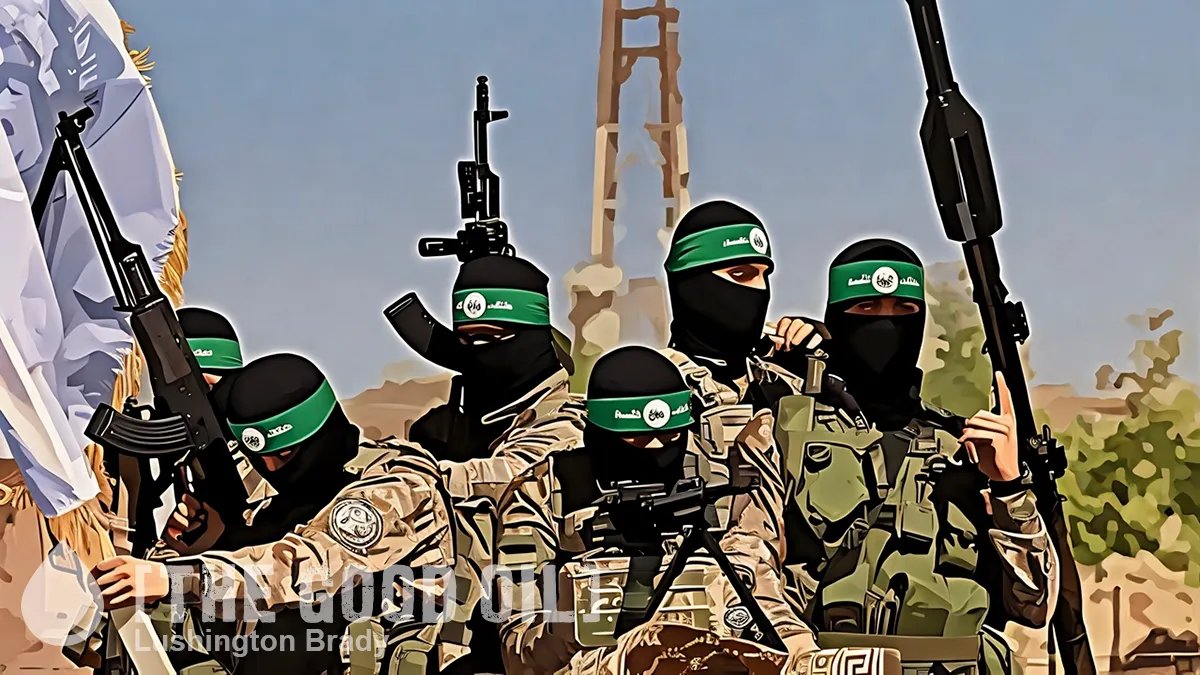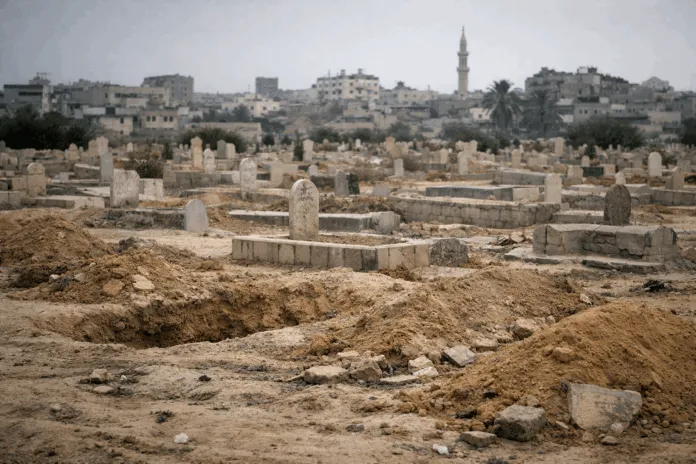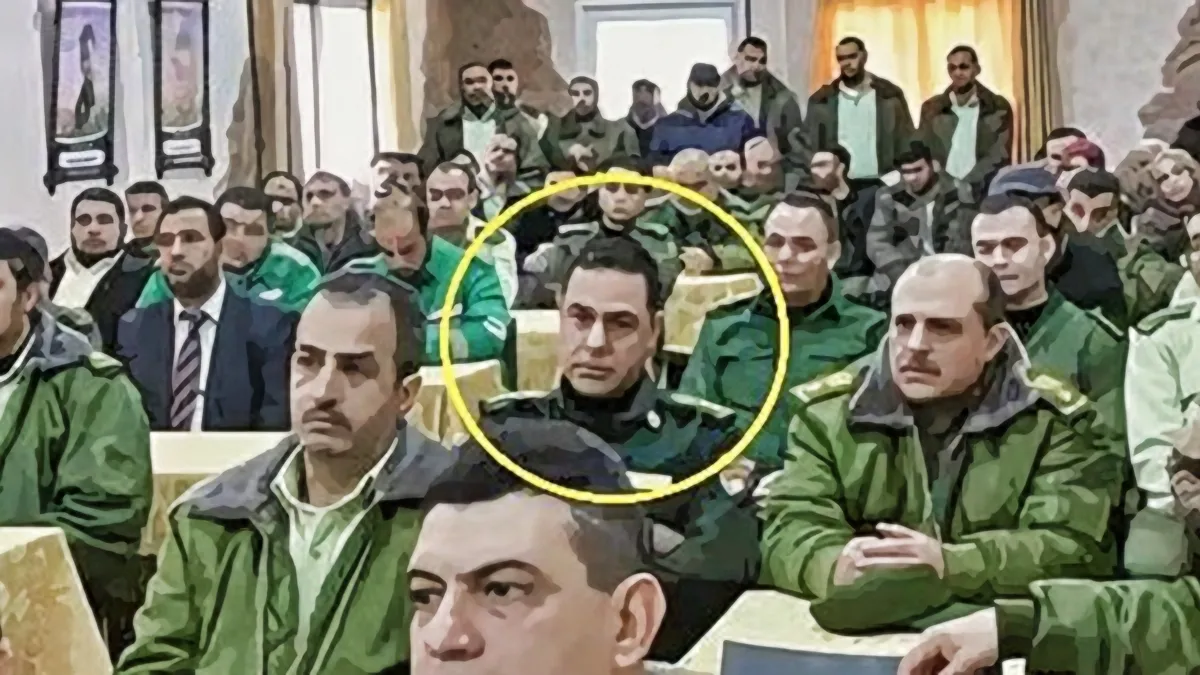Table of Contents
BICOM
BICOM provides accurate, timely and balanced information that is read by officials, experts, journalists and many others.
1. IDF advances deeper into Gaza
Gaza Strip: The IDF announced nine soldiers were killed fighting Hamas in the northern Gaza Strip yesterday.
- Seven of the soldiers served in the Givati Infantry Brigade and were killed when their armoured personal carrier (APC) was struck by an anti-tank missile.
- The other two were part of the 7th Brigade and were killed when their tank drove over an explosive device. An additional six soldiers were wounded in the two incidents, three of whom are in serious condition.
- The IDF continued its incursion into northern Gaza, taking control of the Hamas HQ in Jabalya.
- Airstrikes on the Hamas tunnels brought down buildings, and the IDF confirmed the death of the local Hamas commander, Ibrahim Biyari, who was one of the leaders of the Nukkba unit that perpetrated the October 7 massacre. An estimated 50 Hamas fighters were also killed.
- The IDF declared that “underground terror infrastructure embedded beneath the buildings, used by the terrorists, also collapsed after the strike.”
- IDF Spokesperson Hagari described the fighting as, “face-to-face battles, with our having the upper hand, we seized control of a Hamas stronghold, a stronghold with underground infrastructure, with equipment, thanks to sensitive intelligence that we collected.”
- In concert with the ground incursion, the Israeli Airforce is continuing to strike Hamas targets from the air, including operational command centres and Hamas terrorist cells. Dozens more terrorists were killed in airstrikes.
Attacks from Yemen: Yesterday, the Iranian-backed Houthis declared war on Israel and sent two more waves of attack.
- On Tuesday morning, the IDF confirmed the first operational interception by the “Arrow” Aerial Defence System since the beginning of the war, when they downed a surface-to-surface missile over the Red Sea.
- On Tuesday evening, Israel’s air defence systems again intercepted a missile launched from Yemen over the Red Sea. No air raid sirens were sounded, but Eilat residents heard the explosion. The Houthi military confirmed they fired three missiles.
- There have now been four waves of attack from Yemen. As a result, the Israeli navy has reinforced its presence in the Red Sea with missile boats.
- So far, the Houthi missiles and drones and have been intercepted either by the US navy or Israel, and in one incident by Saudi Arabia. One missile landed inside Egypt in Taba, others in the sea.
- Yemen is 1600km from Israel, so there is time to track their missiles and intercept them.
- Israel is considering at what point they will need to respond by attacking Houthi targets inside Yemen, but for now, the focus remains on Gaza and the north.
Context: Israel’s ground incursion began on Friday night by entering Gaza at two points. one in the north-east corner and the second at a midpoint of the Gaza Strip.
- The tactical approach suggests the IDF is bisecting the strip, encouraging civilians to leave for the southern Gaza Strip, whilst the miliary advances towards Gaza City, where Hamas HQ is thought to be located in a vast underground labyrinth.
- The IDF announced, “Since the beginning of the war, the IDF has struck over 11,000 targets belonging to terrorist organisations in the Gaza Strip.”
- 11 IDF soldiers have so far been killed fighting inside Gaza. Israeli society is sensitive to these losses, but for now understands the necessity of the ground incursion.
- On the Palestinian side, the Hamas-controlled Health Ministry says over 8,500 Gazans have been killed. At this point the IDF has not released any data, so the number of combatants and civilians killed is unclear.
- Israel has reassured allies that it is operating within the rules of warfare, is only aiming at Hamas targets, and seeks to avoid civilian deaths as much as possible.
- Yesterday, Prime Minister Sunak spoke with Prime Minister Netanyahu. According to the Downing Street statement, “The Prime Minister reiterated the UK’s resolute backing for Israel’s right to defend itself against terrorism, while emphasising the importance of taking all possible measures to minimise civilian casualties.”
- President Herzog told the BBC last night that he regretted the loss of Palestinian civilian life but explained that this was self-defence in response to a murderous terrorist attack.
- Despite the aerial attacks, Hamas continues to fire rockets into Israel, now totalling over 8,500 launches.
- Hezbollah has continued low-intensity attacks along the Lebanese border, whilst the IDF continues to strike at cells and the sources of fire.
Looking ahead: Following international pressure, Hamas has now agreed to allow foreign and dual nationals inside Gaza to leave via Rafah crossing into Egypt.
- Egypt is also expected to allow in a limited number of injured Palestinians for treatment in a field hospital that it is setting up on the Egyptian side of the border.
- Later this week, US Secretary of State Blinken will return to Israel. He is expected to encourage Israel to increase humanitarian aid, including fuel.
BICOM Background Briefing: Operation Swords of Iron
BICOM published a comprehensive background briefing on Operation Swords of Iron, including background on Hamas, Israeli policy on Gaza, and Israel’s obligations under international law. Read the full briefing here.
PODCAST
Episode 217 | Regional Attitudes to Israel and Hamas
In this episode, Richard Pater speaks to Koby Huberman about reaction in the Arab world to Hamas’s attack of October 7th. They explore the responses of Israel’s Abraham Accords partners, Egypt’s reluctance to open its borders, and Qatar’s destabilising regional role. A leading figure in the promotion of regional peace programmes, Huberman is co-founder of the Israeli Peace Initiative, a non-partisan Impact Group working with partners across the Arab world. Huberman is an experienced high-tech executive in global technology corporations, as a strategic visionary, and business development executive.
Listen on Apple Podcasts, Spotify and Google Podcasts
Archive | Intellectual Incitement: The Anti-Zionist Ideology and the Anti-Zionist Subject (2015) Read here.









